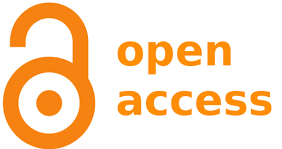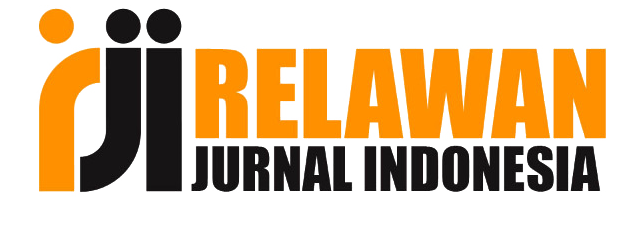Waqf dimensions in the context of improving the mosque prosperity board's economy based on law number 41 of 2004 regarding waqf
Abstract
Waqf is a legal act of a person or group of people or legal entity which separates part of their property for the benefit of worship or other public purposes in accordance with Islamic teachings” and “Waqf objects are all objects, whether movable or immovable, which have durability that is not disposable and valuable according to Islamic teachings and as a support for the development of Islamic society. Law Number 41 of 2004 concerning waqf contains a variety of formal rules which form the basis for the development of productive waqf in Indonesia. In addition, a body has also been established which is the aegis of all institutions in the country. Islam does not only regulate prayer, fasting and pilgrimage but also includes mu'amalah, therefore how are efforts to increase the economy of the Mosque Prosperity Agency (BKM). The mosque is a center for worship facilities for people in increasing ubudiyah to Allah SWT, waqf assets have positive economic potential for the welfare of the community. In Indonesia, it is hoped that waqf will develop in its management so that it can empower the economy of people in need. This study aims to determine the dimension of waqf in improving the economy of the people in Indonesia. The research methodology used is literature review. The reference source for this research is previous research on productive waqf.
Keywords
Full Text:
PDFReferences
A.Djazuli, 2003 Fiqh Siyasah Implementasi Kemaslahan Umat dalam Rambu-rambu Syari’ah, Kencana,Jakarta.
Abdul Manan, 2008, Aneka Masalah Hukum Perdata Islam Di Indonesia., Kencana, Jakarta.
Fiqih Wakaf, 2006.Kementerian AgamaRepublik Indonesia, Direktoran Jenderal Bimbingan Masyarakat Islam, Direktorat pemberdayaan Wakaf, Jakarta.
Farida Prihatin, 2006, Direktorat Pengembangan Zakat dan Wakaf, Jakarta.
Hasbullah, Bakry., 1986., Pedoman Islam Di Indonesia., Universitas Indonesia., Jakarta.
Ibrahim., 1996., Pengantar Hukum Islam., Garda., Jakarta.
Muhammad Abid, Abdullah Al-kabisi,, 2003., Hukum Wakaf, Kajian Kontempores Pertama dan Terlengkap Tentang Fungsi dan Pengelola Wakaf Serta Penyelesaian Atas Sengketa Wakaf., Dompet Dhuafa Republika., Jakarta.
Manan, Abdul., 2008., Aneka Masalah Hukum Perdata Islam Di Indonesia., Kencana., Jakarta.
Mujieb, M. Abdul dkk, 2002, Kamus Istilah Fiqih, cet. III, Jakarta, Pustaka Firdaus.
M. Zein, Satria Effendi, 2004, Problematika Hukum Keluarga Islam Kontemporer, cet. I, Jakarta, Kencana.
R. Abdul Djamali, 2002 Hukum Islam Berdasarkan Ketentuan Kurikulum Konsorsium Ilmu Hukum, Mandar Maju, Bandung.
Soerjono Soekanto, 2013, Penelitian hukum Normatif (suatu tinjauan singkat), PT. Rajagrafindo Persada, Jakarta.
Taufiq Kamil, 2005, UU No 41 Tahun 2006 tentan Wakaf, Departemen Agama RI, Direktorat Jenderal Bimas Islam dan Penyelengaraan Haji.
Wahbah Al-Zuhaili, 2010, Fiqih Imam Syafi’i, (mengupas masalah fiqhiyah berdasarkan Al-Qur’an dan Hadis), penerjemah Muhammad Afifi, Abdul Hafiz, Almahira, Jakarta.
Perundang-undangan
Republik Indonesia, Undang-Undang Nomor 41 Tahun 2004 tentang Wakaf. (Lembaran Negara Republik Indonesia Tahun 2004 Nomor 159 dan Tambahan Lembaran Negara Republik Indonesia Nomor 4459).
https://blog.kitabisa.com/wakaf-untuk-masjid Keutamaan Wakaf untuk Masjid diakses tanggal 7 Juni 2023.
DOI: https://doi.org/10.52626/jg.v6i2.266
Refbacks
- There are currently no refbacks.
St. Teknik II, Reumpet, Krueng Barona Jaya sub-district (23370), Aceh Besar District, Aceh Province, Indonesia.
http://geutheeinstitute.com/








